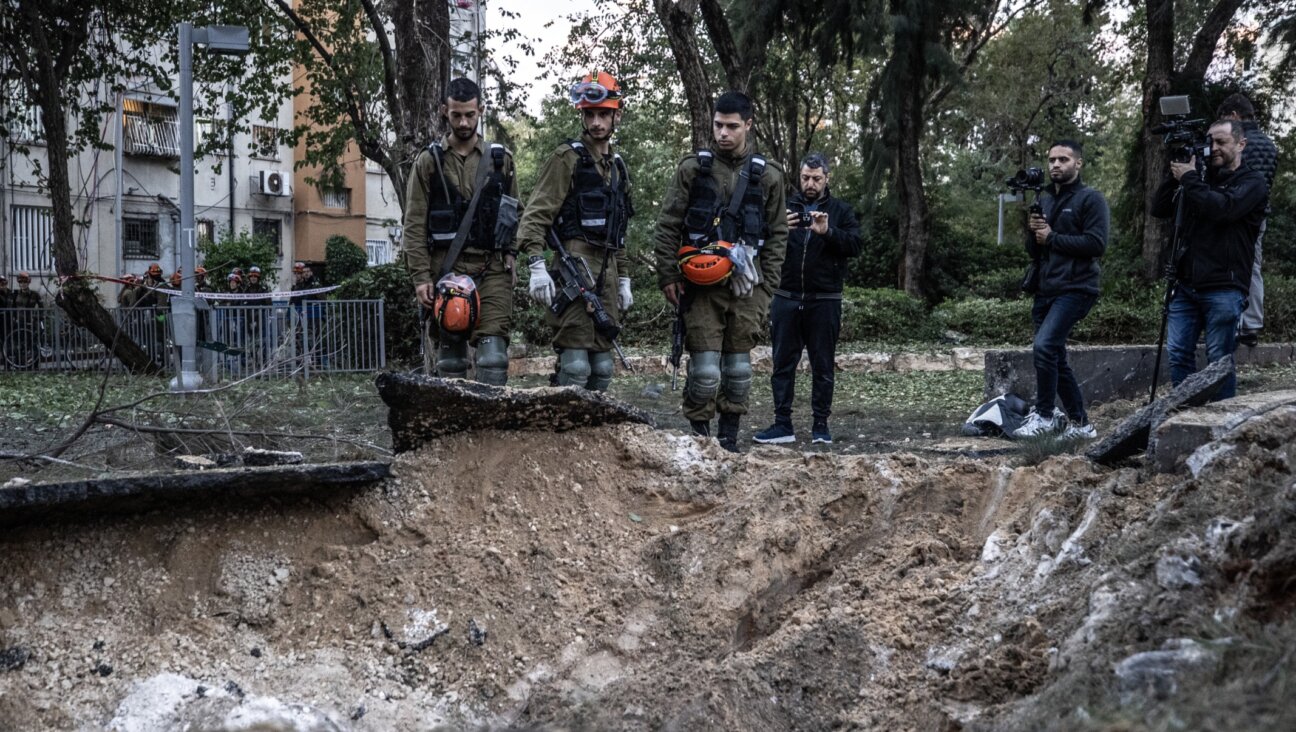95-Year-Old Auschwitz Paramedic Charged in 3,681 Murders

Image by Getty Images
A 95-year-old former paramedic at the Nazi death camp Auschwitz was charged in a German court on Monday with being an accessory to the murder of at least 3,681 people in a trial that is likely to be one of Germany’s last linked to the Holocaust.
Hubert Zafke worked as a paramedic in Auschwitz from Aug. 15 to Sept. 14 in 1944. During this month, at least 14 deportation trains arrived at the extermination camp from places as far away as Lyon, Vienna and Westerbork in the Netherlands.
Although the former paramedic is not accused of having been directly involved in any killings, the prosecution’s office says that he was aware of the camp’s function as a facility for mass murder.
By joining its organizational structure, he consciously participated and even accelerated the deaths of thousands of people, the prosecutors say.
The trial, at a regional court in the northeastern town of Neubrandenburg, was adjourned until next Monday after the state prosecutor and joint plaintiffs, including Auschwitz survivors, challenged the impartiality of the presiding judge.
Germany has been holding trials of suspects of Nazi crimes, using accessory to murder charges to convict Sobibor death camp guard John Demjanjuk in 2011 and 94-year-old former Auschwitz guard Reinhold Hanning earlier this year.
A German court in June branded Hanning a “willing and efficient henchman” in the Holocaust, convicting him of being an accessory to the murder of at least 170,000 people and sentencing him to five years in prison.
Last year, 94-year-old Oskar Groening, known as the “bookkeeper of Auschwitz,” was sentenced to four years in prison after he was convicted of being an accessory to the murder of 300,000 people in Auschwitz.
The trials are likely to be Germany’s last linked to the Holocaust, when the Nazis killed more than 6 million people, mostly Jews, in a deliberate plan of extermination.
Last week, a 92-year-old woman who worked as a radio operator at Auschwitz was ruled as unfit to stand trial on charges that she was an accessory to the murder of 260,000 at the Nazi death camp.
The court in Kiel said the woman identified only as Helma M. was almost blind and deaf, and that a serious illness she suffered this year had left her physically, mentally and emotionally unfit to be put on trial.
A message from our Publisher & CEO Rachel Fishman Feddersen

I hope you appreciated this article. Before you go, I’d like to ask you to please support the Forward’s award-winning, nonprofit journalism during this critical time.
We’ve set a goal to raise $325,000 by December 31. That’s an ambitious goal, but one that will give us the resources we need to invest in the high quality news, opinion, analysis and cultural coverage that isn’t available anywhere else.
If you feel inspired to make an impact, now is the time to give something back. Join us as a member at your most generous level.
— Rachel Fishman Feddersen, Publisher and CEO























